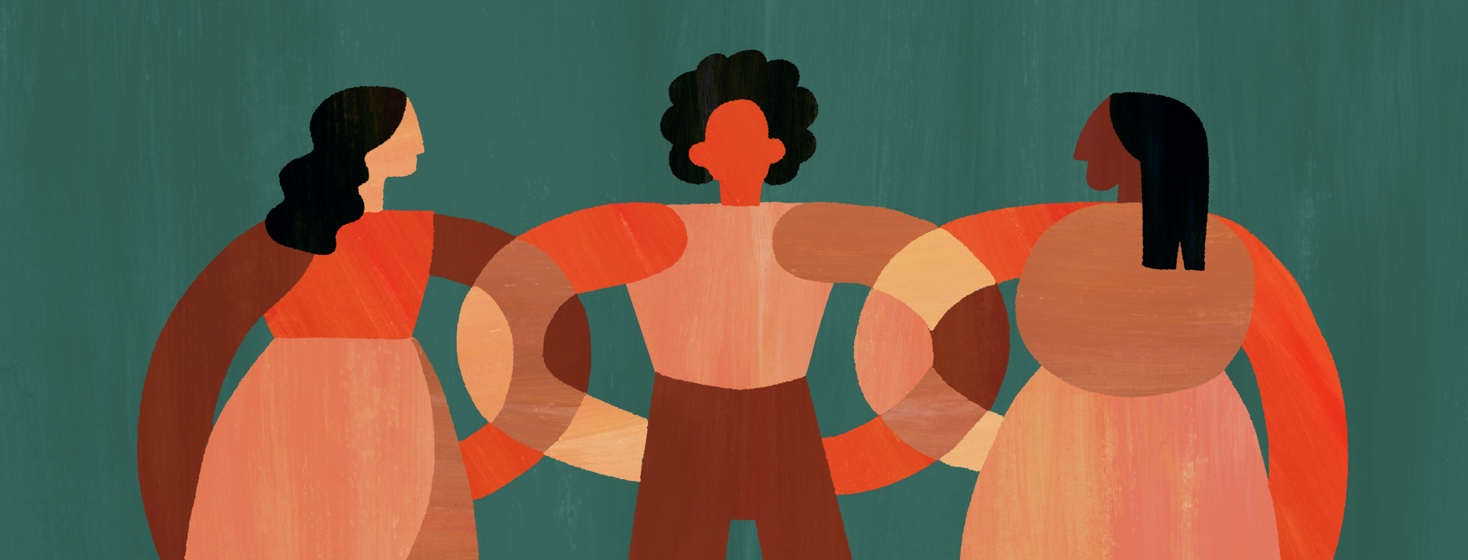What Is All This Stuff About Diversity?
As anyone who has met me or looked at my picture, I'm as white as it is possible to be as human without albinism. I was raised in the Midwest, Ohio to be specific (Go Bucks!!) and there were literally only 2 or 3 families in the entire school district where I went to high school that were other than white. My move to Florida for college opened my eyes wide open and when I met and married my husband, a mixed-race black man from Jamaica, my understanding of diversity was changed even more.
Disparities between experiences
I was raised on the idea of being "color blind" and that we didn't treat anyone differently, but I have learned a great deal about how some of those idealistic sayings/ideas are actually really destructive. It wasn't two or three dates into my relationship with my husband that I started seeing how I was treated differently when with white friends versus with him. And don't get me started on some of the things that have happened with my children, who are a lovely brown mix of my skin tone and my husband.
And when it comes to Breast Cancer, specifically Stage IV Metastatic Breast Cancer (MBC), and diversity, I got an even deeper education into the disparities between the experiences of white and non-white men and women with breast cancer.
Awful statistics
The long and short of it is, it sucks! Our black and brown brothers and sisters are treated differently, they often get different care, and they are dying at an increased rate and in less time that those of us who simply have a different level of melanin in our skin. I could insert some really bad words here about how upset I am and how upset we should all be, that this is happening.
But why is it happening? A quick Google search turned up a lot of different articles, peer reviewed and otherwise, attempting to tackle this issue. There were several posters at the San Antonio Breast Cancer Symposium last December and at the American Society of Clinical Oncologists annual meeting this past June, some of which we reviewed with the poster authors in the GRASP sessions following those conferences. The bottom line is that the medical community is aware of all these awful statistics affecting those people of color in our community and are often stymied at how to make it any better.
Clinical trials
Enter my dear friend, Stephanie Walker. She's a nurse living with MBC and is the architect of the BECOME survey, looking at the experiences of black and brown men and women living with MBC. You can read an overview of her presentation here.
One of the statistics that came out of her research that is just chilling is how few black patients are offered the opportunity to participate in a clinical trial. How are we to know how medications will affect different people if the group of people are not studied?
Mind blown.
More than lip service
Bottom line for me as a patient, a person, and an advocate is that diversity is not something we can just pay lip service to and pat ourselves on the back as having completed the job. Having a token black or brown person on a panel isn't diversity. Real diversity will take effort from everyone.

Join the conversation